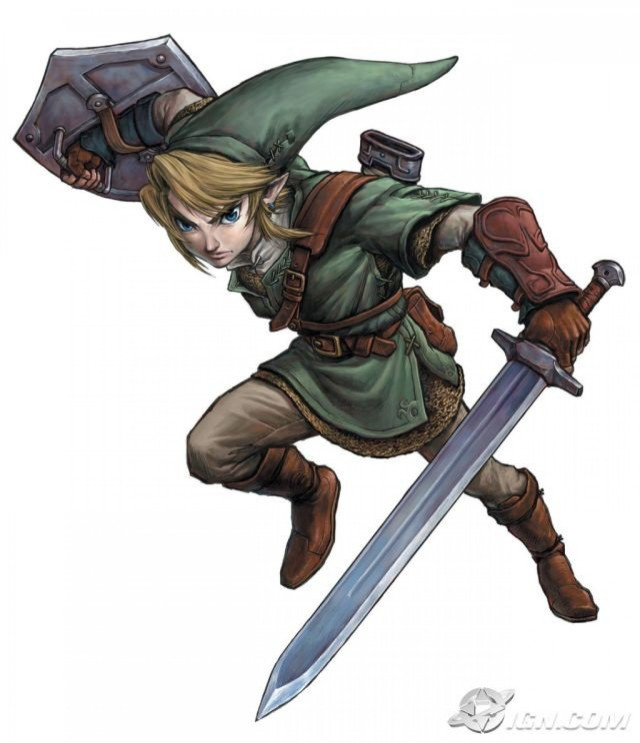California kids won't be banned from playing violent video games

In its first ruling in a video game case, the Supreme Court on Monday rejected a California law that would have banned the sale or rental of violent video games to kids.
Enaction of the law, which was adopted in 2005, would have violated free-speech rights, the Supreme Court said.
The 7-2 ruling is a victory for video game makers, publishers, distributors and sellers, as they said it complies with the free-speech protection rights.
Today, the Supreme Court affirmed what we have always known that free speech protections apply every bit as much to video games as they do to other forms of creative expression like books, movies and music, Michael Gallagher, the trade association's president, told Reuters.
According to the struck down Californaia law, a video game is called violent if it contains killing, maiming, dismembering or sexually assaulting an image of a human being.
The law would have also imposed a fine of up to $1,000 for selling or renting such violent video games to children. However, the Supreme Court ruled out the law with majority saying that there was no tradition in the United States of restricting children's access to depictions of violence.
Industry statistics estimate the video game industry in U.S. is worth $10.5 billion
Six other states in the United States also adopted similar laws, but all had previously been knocked down in court.
© Copyright IBTimes 2024. All rights reserved.





















